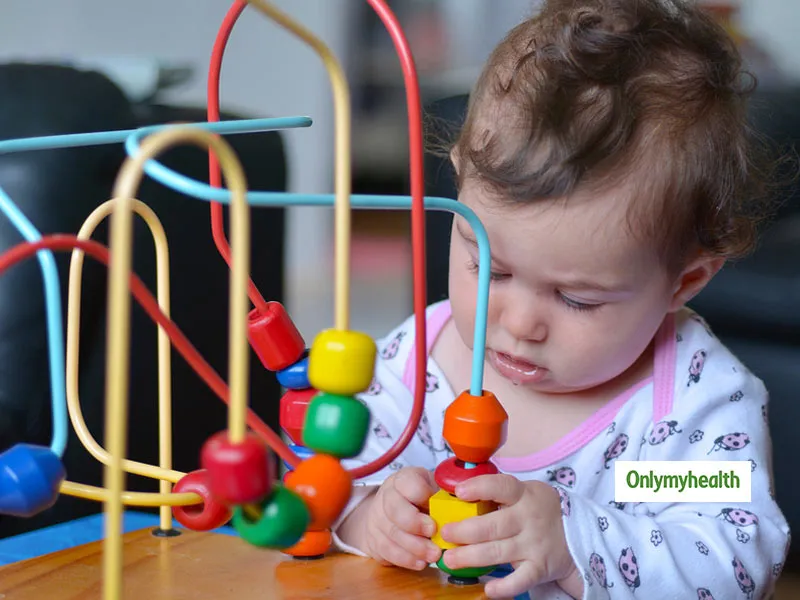
As parents, ensuring our children receive the right nutrients is a top priority. Among the many vitamins and minerals required for their development, one stands out as particularly crucial: Vitamin D. This essential nutrient plays a fundamental role in bone growth, immune function, and overall well-being. But why is Vitamin D so important, and how can you ensure your child gets enough of it?
Table of Content:-
In an exclusive interaction with the editorial team of Onlymyhealth, our expert, Dr Shrey Srivastav, General Physician, Sharda Hospital - Noida, helped up understand this better. Here is what he shared with us.
Why Is Vitamin D Essential for Kids?
Vitamin D is crucial for several reasons:
Bone and Teeth Development: It helps the body absorb calcium and phosphorus, which are essential for strong bones and teeth. A deficiency can lead to rickets, a condition that weakens bones and causes growth problems.
Immune System Support: This vitamin enhances the body’s ability to fight infections, reducing the risk of common colds and flu.
Brain Function and Mood Regulation: Research suggests that Vitamin D may play a role in cognitive development and mental health, helping to prevent mood disorders like anxiety and depression in children.
Also Read: Remi Bader Opens Up About ‘Deep Depression’ And Suicidal Thoughts After Weight Loss Surgery

How Can Your Child Get Enough Vitamin D?
There are three primary sources of Vitamin D:
Sunlight Exposure: The body naturally produces Vitamin D when exposed to sunlight. Encouraging outdoor play for at least 15–30 minutes a day (depending on skin tone and climate) can help maintain adequate levels.
Dietary Sources: Foods rich in Vitamin D include:
- Fatty fish (salmon, tuna, mackerel)
- Fortified dairy products and plant-based milk
- Egg yolks
- Mushrooms
Supplements: If your child isn’t getting enough Vitamin D from sunlight and food, pediatricians often recommend supplements. The recommended daily intake varies by age:
- Infants (0–12 months): 400 IU (International Units)
- Children (1–18 years): 600 IU

Signs of Vitamin D Deficiency
A lack of Vitamin D can result in various health issues, including:
Frequent colds or infections
Bone pain or muscle weakness
Delayed growth
Dental issues
Bottomline
While all vitamins play a role in your child’s health, Vitamin D is a key player in ensuring strong bones, a healthy immune system, and proper overall development. Encourage outdoor play, incorporate Vitamin D-rich foods into their diet, and consider supplements if needed.
Also watch this video
How we keep this article up to date:
We work with experts and keep a close eye on the latest in health and wellness. Whenever there is a new research or helpful information, we update our articles with accurate and useful advice.
Current Version
